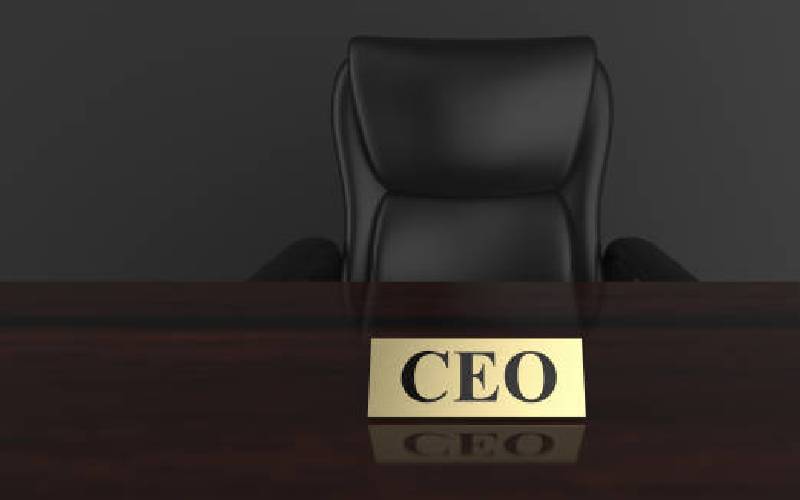×
The Standard e-Paper
Home To Bold Columnists

Perhaps there is nothing as conflicting as making a decision - especially if the decision that one needs to make is neither wrong nor right to give a moral justification.







